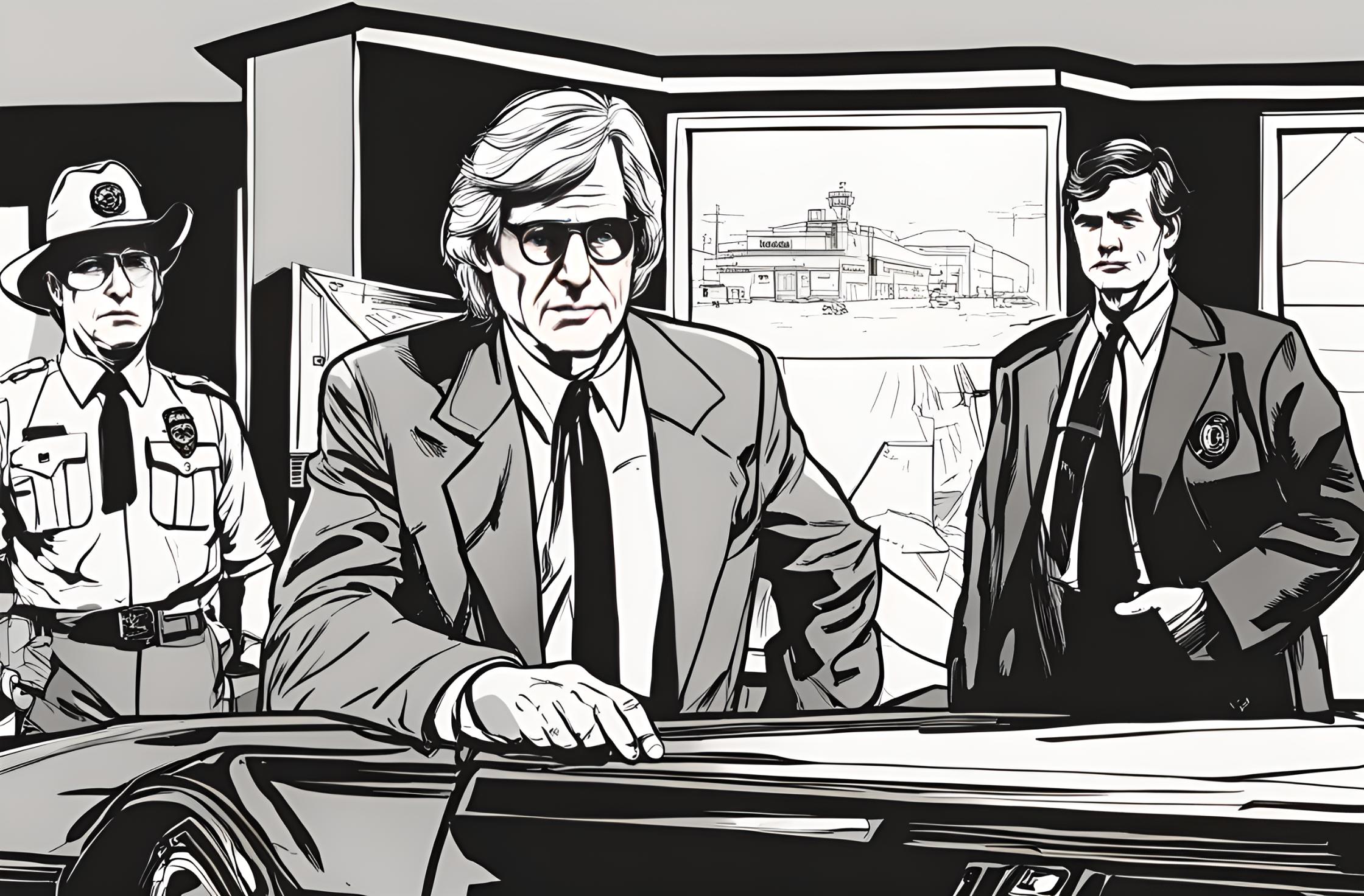Flashback to November 25
American History

1982
American Automaker John De Lorean is arrested for selling cocaine to undercover FBI agents
Read moreIn the annals of American automobile history, the arrest of renowned car maker, John De Lorean, for an alleged cocaine trafficking crime sticks out as a pivotal moment. This event, which took place on October 19, 1982, saw the American entrepreneur nabbed by undercover FBI agents on charges of selling cocaine. Though John De Lorean was later acquitted by a jury, citing entrapment by the prosecution, this instance forever altered the narrative around the American automotive mogul.
John De Lorean, best known for his avant-garde De Lorean Motor Company (DMC), was a revered figure in the automotive industry. The De Lorean could be recognized instantly by its iconic gull-wing doors and stainless-steel exterior, later immortalized in the blockbuster Back to the Future series. Yet, this promising venture seemed to hit a wall in 1982, with mounting debts and economic pressures dampening the company’s prospects.
Amid the rising tumult, De Lorean allegedly veered towards illegal channels to salvage his business. The October 19, 1982 incident unfolded against this backdrop. Arrested on charges of selling over $24 million worth of cocaine to undercover FBI agents, De Lorean’s predicament sent shockwaves through the industry and marked a surreal chapter in his adrenaline-charged life.
Undercover operations have been a stalwart of the FBI’s armory in fighting crime. In De Lorean’s case, hidden agents masqueraded as potential investors for DMC before blindsiding him with a cocaine sale proposition. The quantity, a staggering fifty-five pounds, translated to an astronomic street value at the time. The FBI caught the entire transaction on tape, cementing what appeared to be an open-and-shut case against him.
However, this is where the linearity of De Lorean’s guilt became foggier. His defense team ardently contested the case, grounding their arguments on the principle of entrapment. Entrapment, in legal parlance, infers a scenario wherein law enforcement officials induce a person to commit a crime that the person would not have contemplated otherwise.
De Lorean’s legal representatives perpetuated this narrative, asserting that the beleaguered carmaker was lured into the drug sale by the undercover agents. The sting operation, they suggested, preyed on his agonizing need for funds to bail out his struggling company, rather than intercepting a premeditated crime.
This defense strategy held sway in the court, and De Lorean was acquitted of all charges in August 1984. The jury held that FBI agents manipulated De Lorean into a crime he had no initial intent to commit, thus exemplifying entrapment. This verdict did not only vindicate De Lorean but also threw the spotlight on the ethics of undercover policing.
John De Lorean’s arrest for cocaine trafficking and subsequent acquittal due to entrapment, marred his reputation and accelerated the downfall of the De Lorean Motor Company. As a significant event in American auto history, it indelibly underscores how industrial pressure, desperate financial straits, and controversial law enforcement strategies can converge in unprecedented ways.
We strive for accuracy. If you see something that doesn't look right, click here to contact us!
Sponsored Content

The US Federal Reserve…
On November 25, 2008,…

American Airlines DC-10 crashes…
"Tragedy struck as the…

Iran Contra Affair: US…
"US Attorney General Edwin…

Indian Wars: United States…
Experience the historical event…

Thomas A Hendricks 21st…
Marking a pivotal moment…

The United States Greenback…
Established on November 25,…

